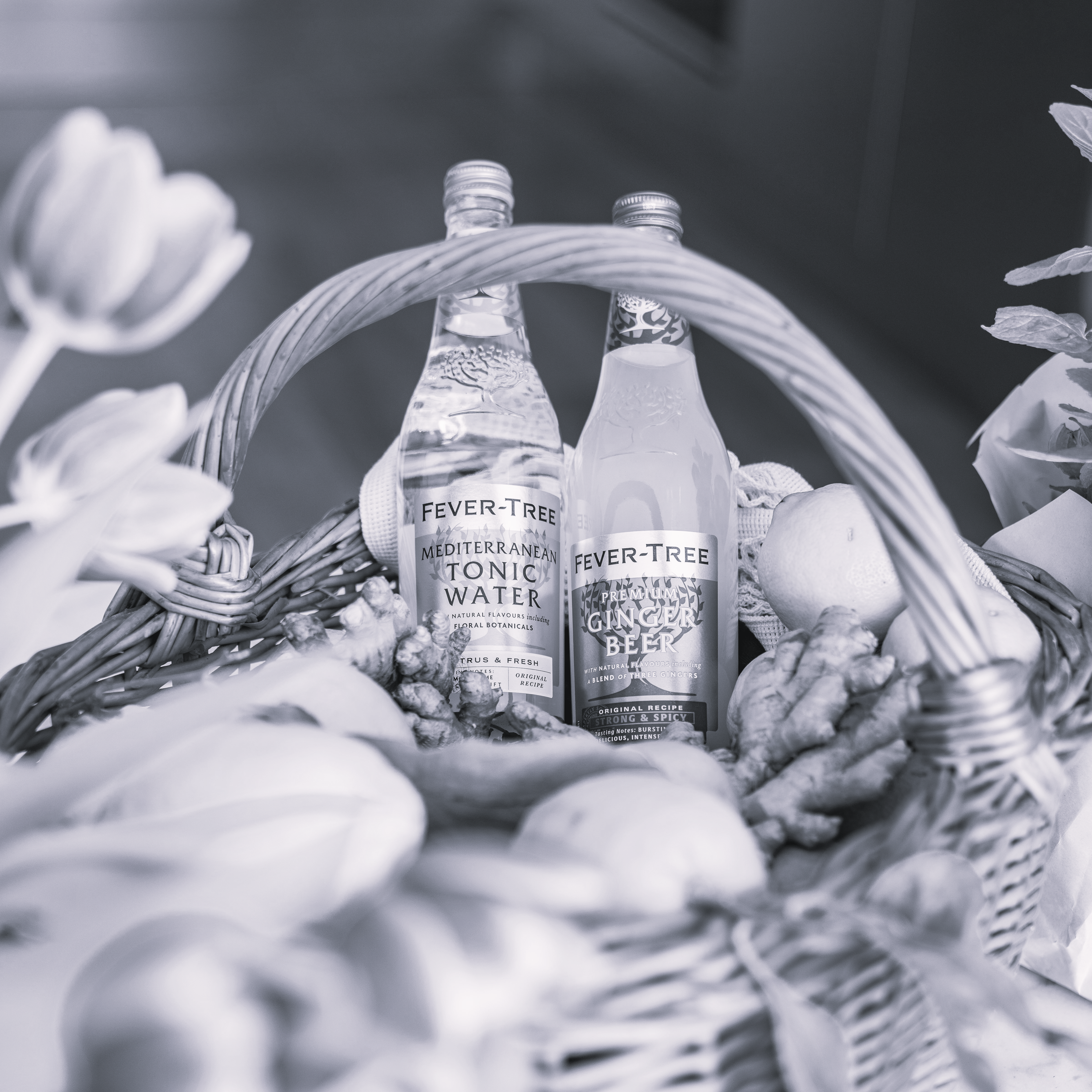The Muscat family of grapes is widely grown for wine, raisins and table grapes. Their colour ranges from white to near black. Muscat wines almost always have a pronounced sweet floral aroma. Muscat grapes are grown around the world in Romania, Moldova, Bulgaria, Serbia, Israel, France, Germany, Portugal, Greece, Spain, Australia, Oregon, Hungary, Canada, Italy, Albania, Turkey, Slovenia, Chile and several other places. The breadth and number of varieties of Muscat suggest that it is perhaps the oldest domesticated grape variety, and there are theories that most families within the Vitis vinifera grape family are descended from the Muscat family.
Varieties of Muscat:
Muscat Blanc a Petits Grains: This grape is used for, Clairette de Die, and Muscat de Beaumes-de-Venise. It is also used for some Tokaji wines in Hungary.
Muscat of Alexandria: This grape is used for Sherry, moscatel or muscatel wines.
In Italy, it is widely used in sweeter sparkling wines like Asti. Their 'grapey' quality makes many wines made from Muscat easy to identify. Moscato d'Asti is a lightly sparkling (frizzante) variety of Muscat, made from the Moscato Bianco grape of the Piedmont region in Italy.
Muscat grapes are used to make a variety of sweet dessert wines in various parts of the world. Typically, these are fortified wines, though some sweet late harvest and noble rot wines are also made from Muscat.
France produces a number of sweet fortified 'vins doux naturels' from Muscat grapes, such as Muscat de Beaumes-de-Venise.
In Alsace, Muscat is primarily a lighter style white wine, but can also be made in sweeter styles (Vendange Tardive and Selection de Grains Nobles).
Muscat wine is also the basis for Pisco, a brandy-like drink made in Peru and Chile, and Metaxa, a brandy-like drink made in Greece.
Muscat grapes have been found to have high concentrations of antioxidant flavonoids, in quantities as high as many varieties of red grapes.










